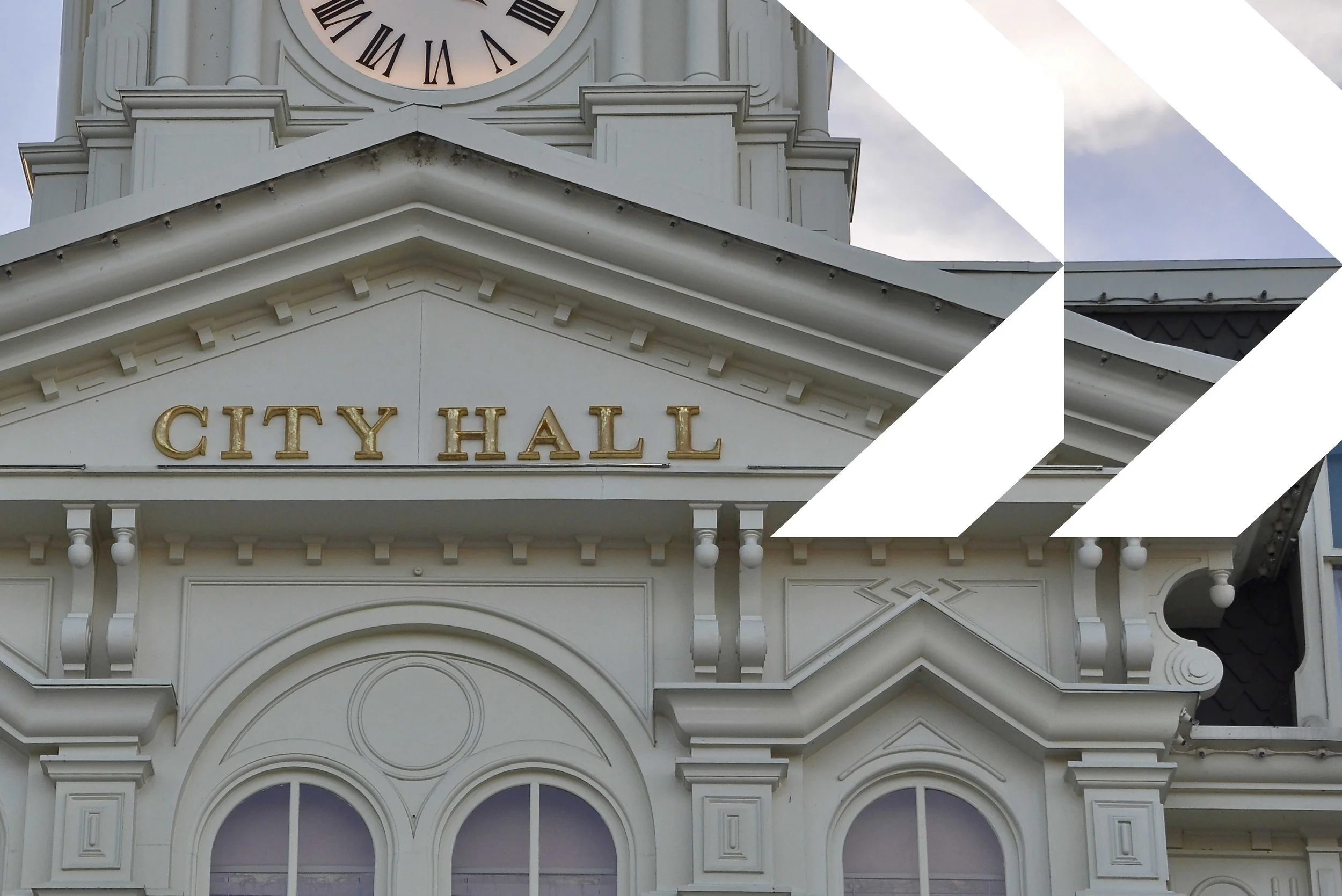Build the rail! Save the snails!
Why does British infrastructure cost so much? This paper, by economist Dan Davies, argues that Britain’s adversarial planning system forces developers to gold-plate solutions to hypothetical problems. It proposes a new Infrastructure Directorate – modelled on the successful DEFRA Water Delivery Task Force – that would work collaboratively to solve issues early, cutting costs while also maintaining environmental protections.
Project Hawking: Tripling the size of Ox-Cam by 2050
The 100 mile corridor between Oxford and Cambridge is one of the most exciting stretches of land on the planet. Ox-Cam is a national priority, so this paper is about how we go big. And how to deliver quickly. It aims to unlock the unholy trinity of local politics, dysfunctional regulation and lack of money that has held back previous governments. We call this Project Hawking.
Measuring What Matters
Knowing what issues are most important to the public is the bedrock of understanding voters. Ironically, its own importance can’t go understated. This report applies some overdue methodological experimentation to the question of what matters most to voters.
Let Mayors Build
The UK has fewer mass transit systems than other European countries. This paper, co-authored with the Centre for British Progress, argues that giving metro mayors the power to fund and approve new infrastructure could usher in a new wave of building. Tracy Brabin, Mayor of West Yorkshire, writes the foreword.
The case for contribution
This essay, by Labour Together’s chief policy adviser, Morgan Wild, argues that this Labour government should root itself in an ethic and expectation of contribution: the actions we take that make other people better off. This can be work, care, volunteering, paying taxes or helping out in your community. These are the basis of reciprocity and solidarity. Actions we take for others, in the anticipation that they will take them for us.
Pride and Prosperity
This paper, by Labour Together’s director of devolution policy, JP Spencer, makes an argument for why places should be integral to the society we want to create, restoring civic power so that we can build a stronger economy, public services and democracy. Kim McGuinness, Mayor of North East England, writes the foreword.
A progressive case for state reform
In a new paper by Morgan Wild and Peter Hyman, they argue that for today’s times, a new type of state is needed. One that has more energy and will to get things done rather than slow things down, one that recognises centrally planning the government is as bad as centrally planning the economy, and one which is designed to solve wicked problems rather than manage them. We might call this the dynamic state.
London Unchained
Rebalancing Britain should be core to Labour’s political project. But that can’t come at the expense of places like London. By giving richer places the tools to pay for their own infrastructure - and occasionally a push to use them - Labour can focus Treasury resources on rebuilding the rest of the country. This paper, by chief economist, James Howat, shows how this could work, using the Bakerloo line extension as a case study.
Britain’s Bottlenecks
Three major bottlenecks prevent this government from changing Britain: centralised power and wealth in Whitehall and the southeast, unsolved structural pressures on Britain’s public finances, and a rules-bound, incapable state that strangles delivery by itself or others. Any serious political project must have an answer to fixing them.
Getting Britain off the ground
A runway is a several kilometre length of reinforced pavement. Building Heathrow’s first runway took around a year. It is everything else that now takes time.
This paper tries to answer a simple question: could the government speed up the construction of Heathrow’s third runway to such an extent that flights take off before the next election?
BritCard: a progressive digital identity for Britain
In government, Labour has committed to reducing migration. Labour Together is supporting this agenda with a series of papers looking at how to create a migration system that puts country first. In October, we published our first proposal, for an Australian-style National Migration Plan. Now, in this paper, we turn to how a mandatory, universal, national identity credential - BritCard - can help Britain control illegal migration and secure its borders.
Nation Rebalanced: How do we create a country that works for all places?
This report, by Labour Together’s Director of Devolution, JP Spencer, sets out a bold vision for how to rebalance the UK economy and create prosperity in every part of the country. It outlines four key recommendations to drive economic growth, improve infrastructure, and boost regional economies, arguing that there is a moral, economic, and political case for doing so.
Charm Offensive: Resetting the UK’s soft power approach for a more dangerous and competitive world
This report, authored by Jonathan McClory, urges the UK government to adopt a fresh soft power strategy to strengthen Britain’s global influence against the backdrop of geopolitical and economic insecurity.
Focusing on our strengths: refining the UK’s critical minerals strategy
The previous government was asleep at the wheel on critical minerals. Its approach was too slow, too general and given too little support. This failure of strategy endangered the UK’s growth, green ambitions and security. The Labour government has an opportunity to fix this in the new critical minerals strategy. This should be closely informed by the upcoming industrial strategy, laser-focused on the UK’s strengths and needs, and supported by the institutions and policy tools to deliver it.
A migration system that puts country first
Labour has committed to reducing migration. There are various ways this can be achieved. This paper sets out one way an Australian-style National Migration Plan could work. This is the best answer we have seen to the problem of how to reduce numbers while making sure Britain’s economy gets the contributions it needs.
Mayoral Matters: Public Attitudes to Mayors and Devolution in 2024
For the first time, LT has conducted public opinion polling in the twelve current mayoral areas and the two future ones with elections in 2025. We wanted to understand how those who actually experienced devolution felt about it.
Making the political case for an industrial strategy
Stability has been central to all calls for an industrial strategy. Academics, businesses, and policy-makers have made their case for an industrial strategy. In an increasingly competitive global market, they want certainty to invest and a coherent approach to economic policy-making.
Public Service Reform and Devolution
This report, by Sam Freedman, sets out how empowering mayors with greater oversight of the health, education, criminal justice and other public service systems, could help Labour deliver its public services mission. JP Spencer, Director of Devolution Policy at Labour Together, writes a foreword.




















